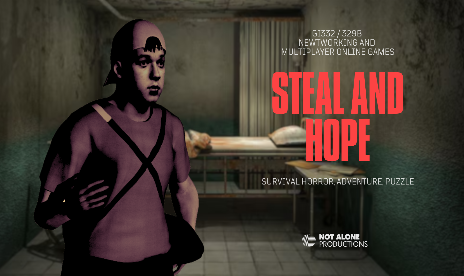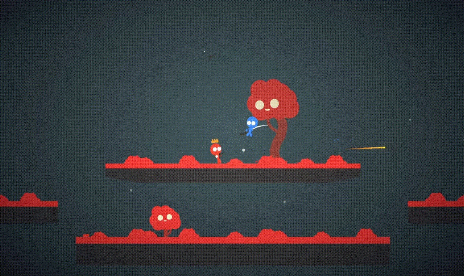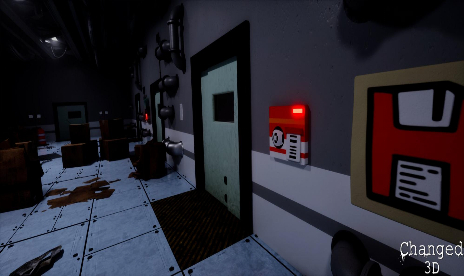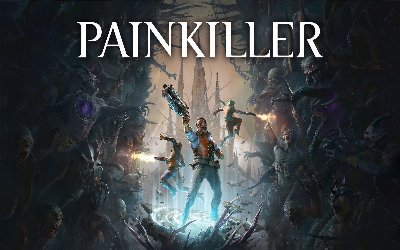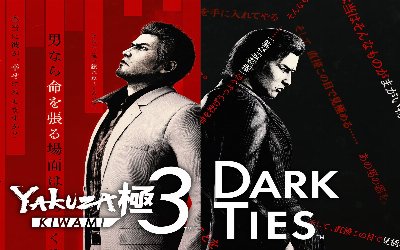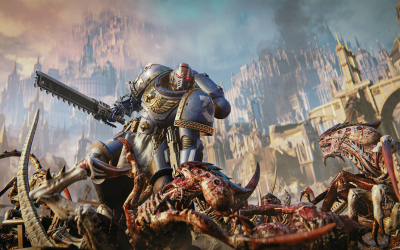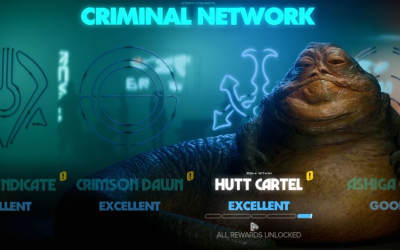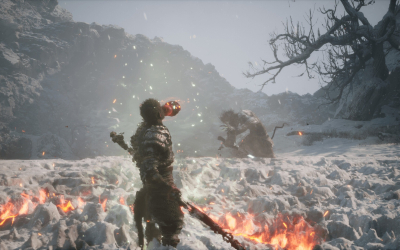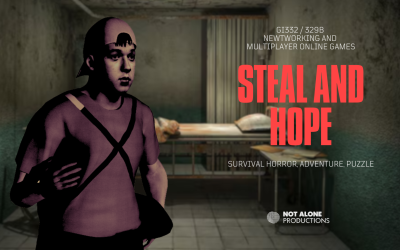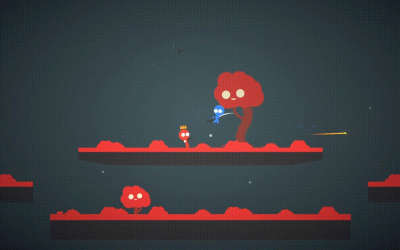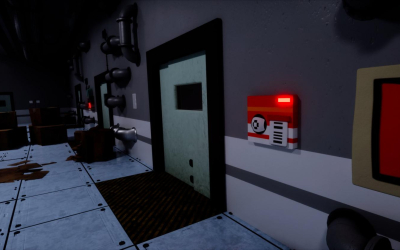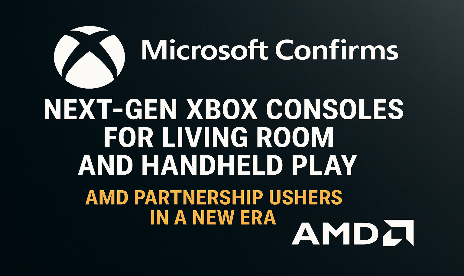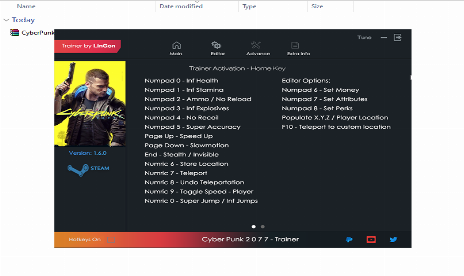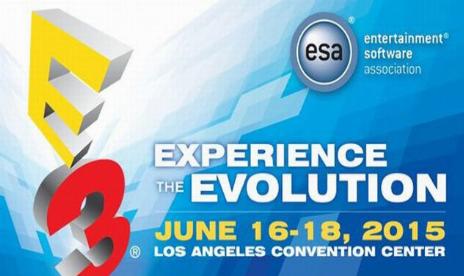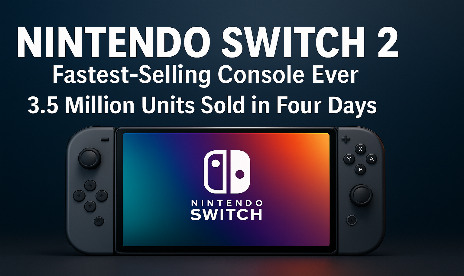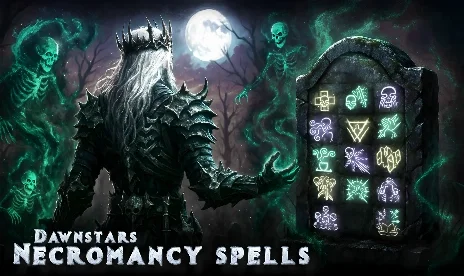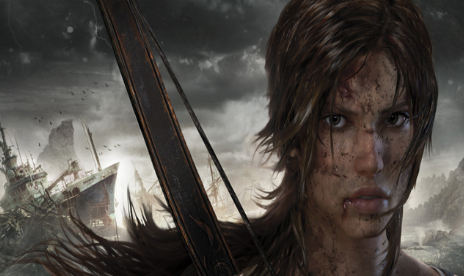Is an apology enough for a broken game?
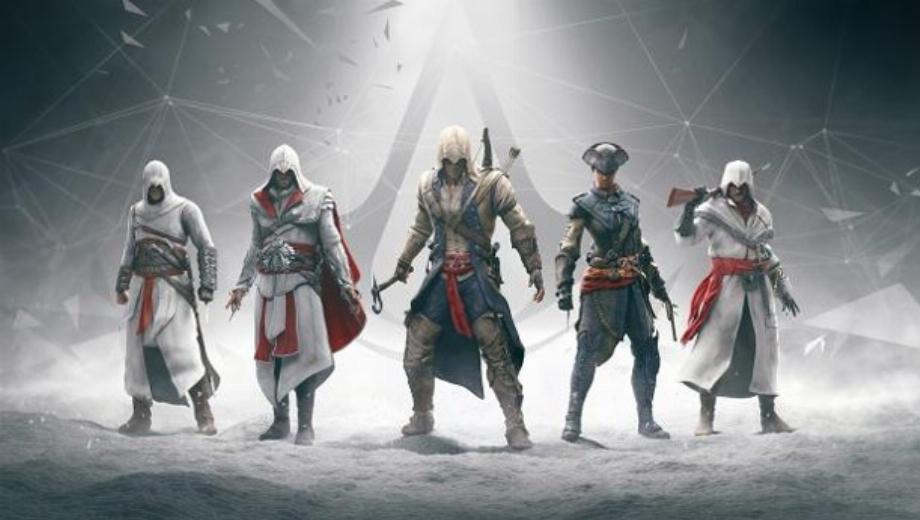
What the hell is going on with AAA game development? That’s the question on a lot of people’s lips at the moment as apparently, getting together thousands of people, tens of millions in developmental funds and putting them all in a room for 2+ years at a time, isn’t enough anymore to produce a game that works well.
Oh they’re pretty, sure, and they have some fun aspects to them, but the bugs. My god the bugs.
If we go back a while, we can look at the earliest rumblings of this recent wave of AAA awful, with the likes of SimCity, Battlefield 4 and Diablo III, but the network issues and bugs those games suffered are nothing compared to what we’re faced with at the tail end of 2014.
The big games causing everyone headaches lately are Assassin’s Creed Unity, Halo: Master Chief Collection, DriveClub and Call of Duty: Advanced Warfare. These games, despite being some of the biggest and most expensive releases of the year, have been found to contain so many bugs that a large number of the people that bought them simply can’t play them.
There’s matchmaking issues that have crippled the online multiplayer, there’s texture issues that make in-game characters look like they’re missing a face, crashes, lag, achievements that won’t log properly, the wrong levels loading in single player, frame rate issues, resolution problems – pretty much anything you can think of going wrong has done – and this is AFTER day one patches for most of these games.
In the case of Advanced Warfare, at least things have settled down now, but the rest are still having major problems.
It’s gotten so bad now in-fact, that the developers of DriveClub and Assassin’s Creed Unity have announced that they’re going to give away the first round of DLC to everyone that bought the game, by way of an apology. Ubisoft has gone a step further with Unity and said that season pass holders can have a free game too.
That seems pretty fair, considering season pass holders likely pre-orderd the game and definitely pre-ordered all of its DLC, only to find from day one, that it was nearly unplayable (and that’s again, after a giant patch).
So what’s going on with these games? Without being part of the developmental process, it’s impossible to say, so anything we suggest is pure speculation. The most likely culprit however is hitting release targets, like making sure these games come out before Christmas.
There’s also likely to be a bit of a reliance on pre-orders to limp across the finish line too. When you have no doubt tens of thousands of people putting money down for a game before its released, it seems like it would be easy for apathy to set in at the big developers, especially when you step out of the trenches into management’s offices, where they’re more beholden to stock holders than they are fans of the games.
Then there’s the reliance on early patching. We’ve seen more of the day one patches in recent years than any other time in history, so it may be that the developers are just getting a little lazier and a bit less caring about what they put out there, perhaps considering the early buyers as beta testers that will pay for the privilege.
But that’s going to backfire. While Assassin’s Creed Unity still sold well, it seems unlikely that the next outing is going to have such a buzz about it. Enough people have been burned by this game that some won’t come back.
Perhaps that’s why Ubisoft is trying to apologise with free stuff. The question is, is that enough?
For this writer, it’s not even close. It’s a token gesture. A ‘shutup and play something else’ to distract us from the fact that the games we paid for aren’t even working as intended weeks after launch.
These companies need to be very careful from now on, as riling up this many people online is dangerous. There’s the potential for petitions, and boycotts, but the really worrying thing for them will be when the class-action lawsuits start appearing. They’ve happened before with industries that sold faulty or falsely advertised products and it doesn’t end well.
In the mean time though, people need to stop pre-ordering games, especially from developers and publishers that seem happy to push out games that are clearly not ready or at the very least, not adequately tested.
Have any of you been burned by these recent game releases? If so, what do you think of the free content gesture? Is it enough?



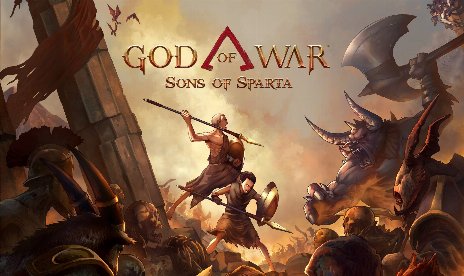
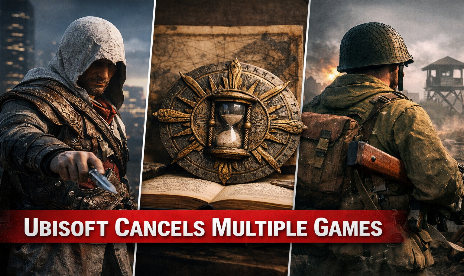
![POLYBIUS v1.0 (+1 Trainer) [PLAYMAGiC]](https://9588947a.delivery.rocketcdn.me/wp-content/uploads/2026/02/POLYBIUS-01-scaled-464x276.jpg)

![Yakuza Kiwami 3 & Dark Ties v1.12+ (+46 Trainer) [FLiNG]](https://9588947a.delivery.rocketcdn.me/wp-content/uploads/2026/02/Yakuza-Kiwami-3-and-Dark-Ties-01-scaled-464x276.jpg)



